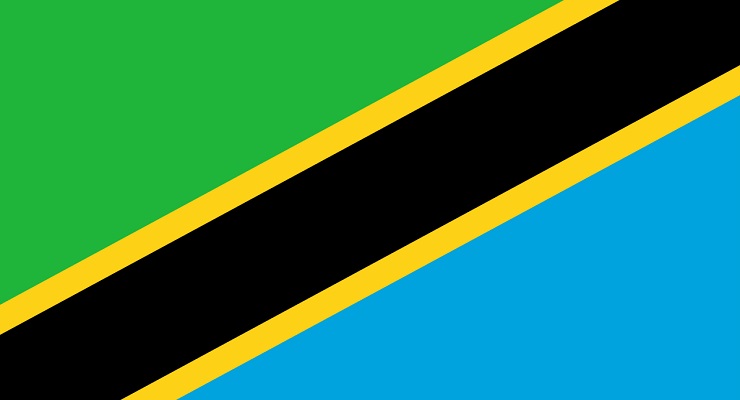
From VOA:
Rights groups say Tanzania’s government has reduced the democratic space in the country by arresting critics and shutting down news outlets. Activists say two incidents in the past week have heightened the climate of fear.
Tanzanian activist and journalist Bollen Ngeti was freed Tuesday, a day after he was abducted in Dar es Salaam. He told a local media house his kidnappers identified themselves as security officials, who questioned him about a wide range of issues, most of them political.
Meanwhile, human rights activist Tito Magoti was arraigned in court Tuesday, charged with using a computer program to steal about $7,500, or 17 million shillings, from various individuals.
Anne Henga, executive director of the Legal and Human Rights Center in Tanzania, said the charges are fabricated.
“They alleged that he has made an app with his colleague which assisted them to make the 17 million [shillings],” she said. “Tito is not an IT expert, he cannot do that. What we know, Tito is very active on social media. He has been tweeting a lot of things challenging what has been happening especially on the freedom of expression.”
Rights groups have accused Tanzania’s President John Magufuli of creating a hostile environment for any opposing voices.
In October, Amnesty International and Human Rights Watch, in two separate reports, said the government’s repression of human rights defenders, the media and opposition parties had intensified since 2015.
Jones Sendodo of the Tanzania Human Rights Defenders coalition said the situation for activists and journalists is becoming worse.
“We have been the voice of the voiceless, and when the voice of the voiceless is being targeted, now that creates a lot of fear because initially we did not receive any kind of threats, but these days they are targeting us,” said Sendodo. “They know once any violation happens, Human Rights Defenders coalition is going to be the first organization to air that violation out. We are the target now so the operating environment is not like we used to operate before, basically we are in fear.”
Muthoki Mumo is the sub-Saharan African representative for the Committee to Protect Journalists. She says Tanzanian authorities have greatly narrowed the space in which journalists can operate.
“This has happened in a number of ways. We have seen the enactment or implementation of restrictive legislation for example,” she said. “The online content regulations that were put into place last year that make it very expensive to be a blogger. We have seen the use of arrests and detentions. In some cases some of these are brief.”
But one Tanzanian journalist critical of the president, Eric Kabendera, has been imprisoned since July, charged with economic crimes for which he cannot get bail.
Meanwhile, freelance journalist Azory Gwanda has not been seen since November 2017.
Mumo says the public wants answers.
“Where is Azory? And his family needs this, his colleagues need this,” she said. “The Tanzanian journalistic community needs this, because for as long as Azory is missing, there is always a question of ‘Could this happen to me?’ and also the additional question of ‘If something happens to me, is the government willing to investigate and provide answers to my family and colleagues?'”
Earlier this year Tanzania’s foreign minister said Gwanda had died but later retracted that statement.
Leave a Reply